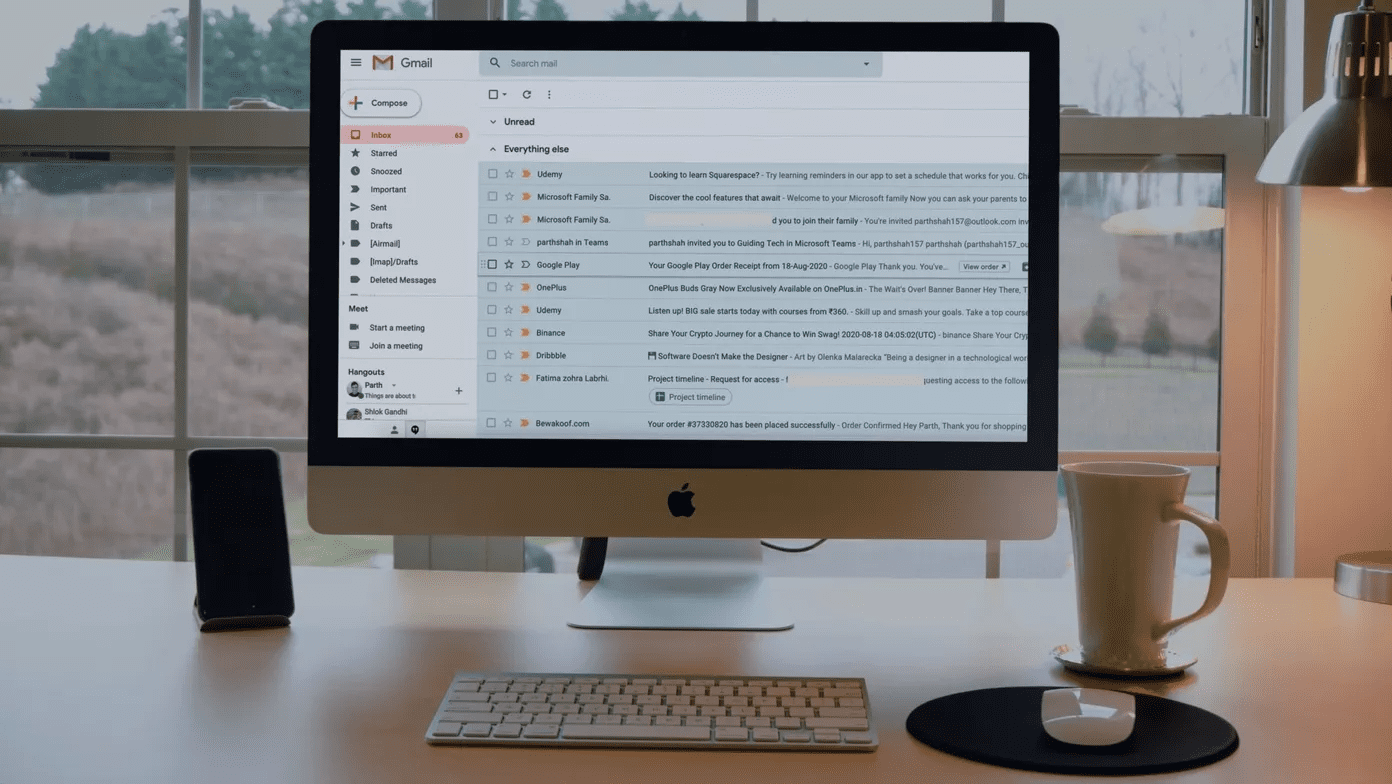That only makes things difficult for you to make a perfect choice – TV or monitor. Whether setting up a work desk or building an activity room, picking the correct option is critical. We will address the Monitor vs TV dilemma and help you to understand which one should choose and when.
Monitor vs. TV: The Real World Needs
Choosing between a Monitor and a TV can be pretty overwhelming due to the plethora of features, different display technologies, and models. These features sound intimidating and can make you spend a little or a lot more than your budget. But ultimately, your decision should purely be based on your real-world needs. When you focus on the purpose of making that purchase, it’ll be easier for you to pick one. We will now dive into three major real-world use cases when you require a visual experience. We will also keep mentioning the different features of both Monitors and TVs accordingly so that you can make an intelligent decision. Let us begin.
Monitor vs. TV: For Entertainment
Firstly, let’s talk about the most common real-world scenario that requires a screen purely for entertainment purposes. We all love going to the theatres to enjoy the true cinematic experience. But if you don’t often watch movies in IMAX or Dolby Cinema, you won’t lose on picture quality while watching content at home. With the advent of streaming platforms like Netflix, Prime Video, Hulu, and Apple TV+, you can now watch movies and shows in formats like HDR and Dolby Vision. If you prefer physical media, you can buy 4K Blu-rays with uncompressed bitrates for pristine picture quality.
Such features require a TV that can provide an optimum viewing experience. Unlike Monitors, you don’t have to plug in a separate streaming device like Apple TV 4K or Fire TV Stick as almost every streaming platform’s app either comes pre-installed on TVs or you can download them from the relevant App Store in the TV’s interface. Depending on your room size and budget, you can choose between TVs with screen sizes starting from 32-inches to 75-inches. There are TVs with bigger screen sizes as well. But they do require a good amount of care and maintenance. You can check out our recommendations for 4K OLED TVs and 4K QLED TVs that also support audio formats like Dolby Atmos and DTS-HD. You just need to connect compatible speakers or soundbars. So overall, a TV is more suitable to enjoy great audio-visual experience for entertainment at home.
Monitor vs. TV: For Gaming
The second biggest real-world scenario that demands a top-tier viewing experience is gaming. If you love to play games, you may have encountered this same question of what to choose between a monitor and a TV. Well, the answer is pretty straightforward.
The world of gaming splits into two categories – Console and PC. So if you have a game console like PS5 or Xbox Series X, it’s a good idea to consider buying a TV. Along with selecting the TV screen size based your room’s size, you should also check if the TV supports features like HDM 2.1, Game Mode, and ALLM or Auto Low Latency Mode. These features will provide the best console gaming experience. When it comes to TV resolution, that will once again depend on the screen size. A 32-inch Full HD TV viewed from a shorter distance will work like a 65-inch 4K TV viewed from a longer range.
On the other hand, buying a monitor will work very well for PC gamers. Look out for features like response time, refresh rate, panel type, ports, and graphics card compatibilities like NVIDIA G-Sync and AMD FreeSync to avoid visual glitches. If you want the most immersive gaming experience on your PC, getting an Ultrawide monitor is a great choice. So overall, a TV is more suitable for console gaming, while PC gamers would benefit from a gaming monitor with faster refresh rates.
Monitor vs TV: For Work and Productivity
Working from home has become the new preferred way of managing professional commitments. While there are a lot of devices to boost productivity while working from home, some of you might be confused about buying a TV or a monitor. Working from home requires a screen for various tasks, including video calls and creating documents like spreadsheets and presentations. It doesn’t matter whether you have a desktop or a laptop, pair it with a larger screen to multitask better.
If you tend to spend time with different programs, video calls, and other productivity suites all day and night, then a monitor (preferably with an IPS panel) is a good idea. Looking at a TV screen closely for long periods of time will cause fatigue and headaches. A TV is meant to be watched from a distance and has low pixel density. Meanwhile, monitor idea for close viewing and has higher pixel density. You surely don’t want to start feeling unwell and see the pixels while using a TV as a monitor. Also, monitors with light bars prevent eye strain while working late nights in low-lit environments. So it’s a good idea to get an IPS monitor for working on productivity suites, programs and for long hours. Usage Defines Your Choice While it gets pretty straightforward that a monitor is suitable for work and PC gaming, you can play console games on it. However, you won’t get the larger-than-life experience. For console gaming and streaming multimedia content in the best quality, it’s ideal for enjoying it on a large screen TV in the best possible colors. The cost of both will depend on the latest models carrying the most recent display technologies and features. The above article may contain affiliate links which help support Guiding Tech. However, it does not affect our editorial integrity. The content remains unbiased and authentic.














